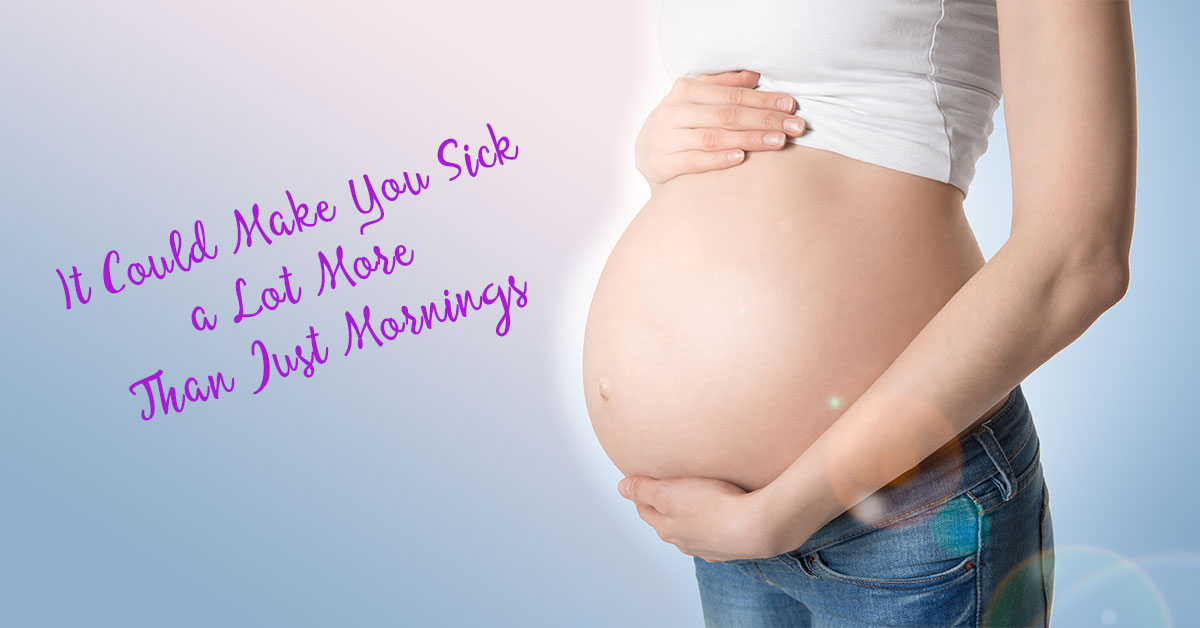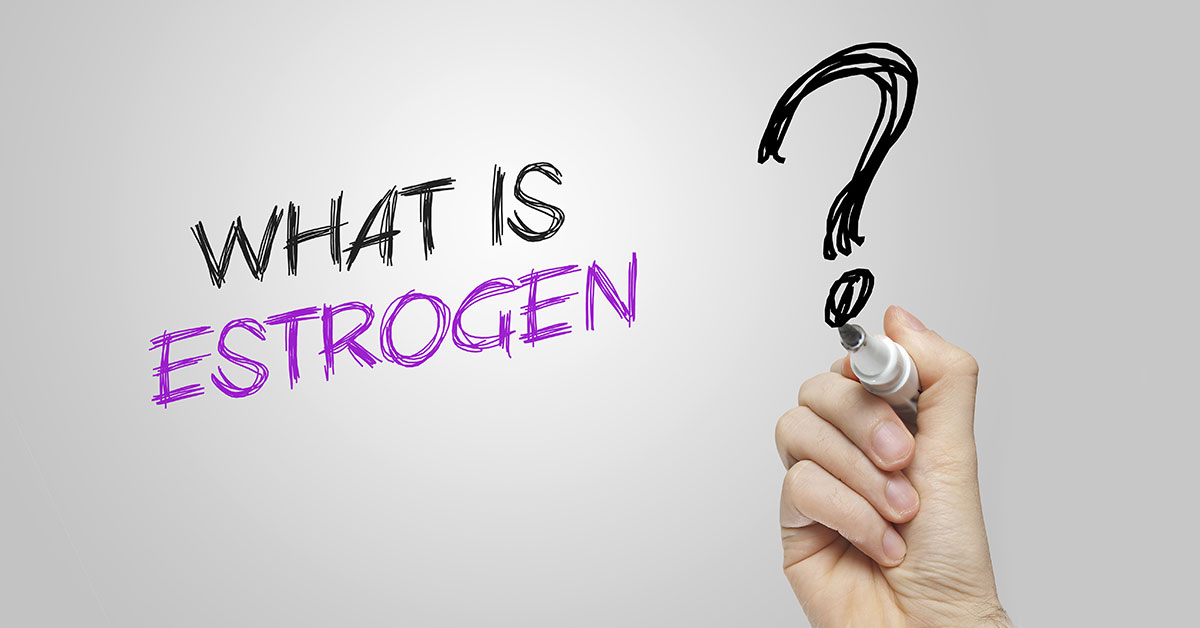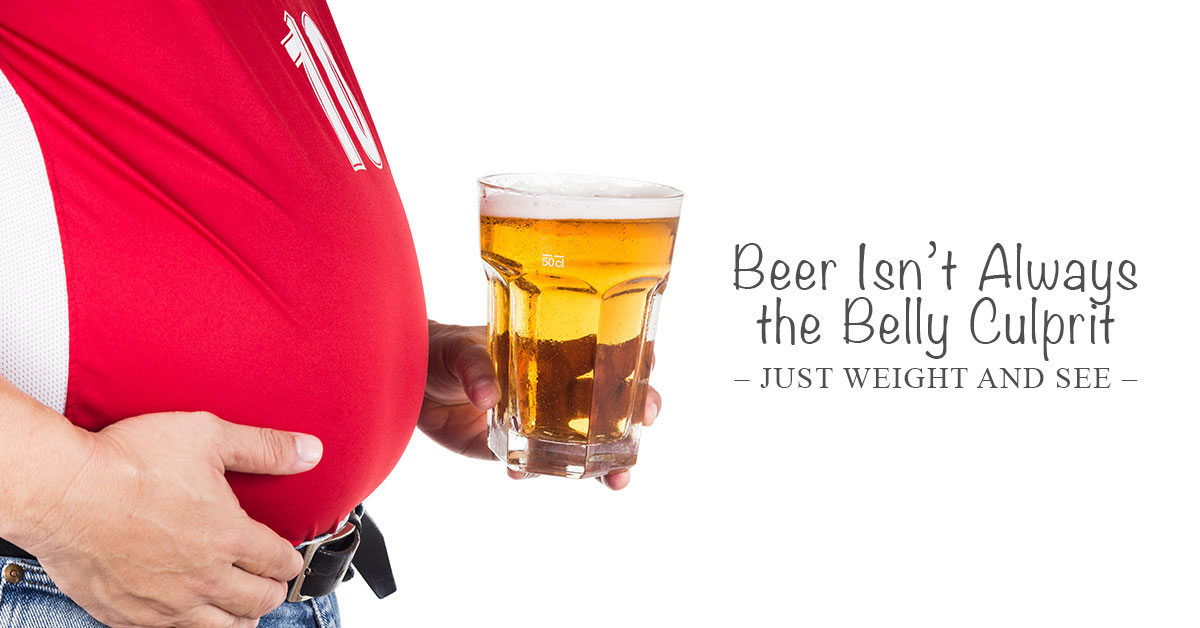PREGNANCY HORMONES – It Could Make You Sick a Lot More Than Just Mornings

Ah, the ever-changing pregnancy hormones. They play about as big a role in the nine months of waiting for that little bundle of joy as do morning sickness and heartburn. It can be as complicated as some uninterpretable algorithm, so we’ll just stick to the basics. (As basic as they can be.)
Whoa, Baby…
Human Chorionic Gonadotropin (HCG)
What it does: HCG is the key hormone that’s present during pregnancy in the urine, which to your elation or at times, dismay, indicates, you are, in fact, pregnant. (Get out the dip strips and wait anxiously for the telling stripe or pink or blue.) In either case, HGG could be the culprit in nausea and vomiting.
Progesterone: this hormone does some very important jobs along the way: it keeps the uterus muscle relaxed and plays a role in the immune system helping the body tolerate foreign DNA (that is, the fetus.). It also leads to relaxation of the blood vessels throughout the body, prompting lower than normal blood pressure and occasionally dizziness, as well as all the not-so-fun gastrointestinal symptoms of pregnancy that include heartburn, reflux, belching, nausea, vomiting, gas, and constipation. Progesterone can also increase hair growth, albeit not the lustrous-toss-your-mane-back good kind — you may notice unwanted hair on your breasts and lower abdomen, for example.
Estrogen: this pregnancy hormone plays a key role in the development of the fetus, with several organs and other bodily systems in the fetus triggered into development by estrogen. The downside, elevated estrogen levels may also prompt spider veins, nausea, increased appetite, and skin changes including changes in skin’s pigment. (Where’s the glow, here?)
Oxytocin: oxytocin is the hormone that stretches the cervix and stimulates the nipples to produce milk.
Prolactin: this milk-producing hormone — which increases 10 to 20 times during pregnancy — has a tranquilizing effect. (Aaahhh…). Prolactin prepares breast tissues for lactation and the release of milk.
Relaxin is believed to be responsible for loosening up the ligaments that hold the pelvic bones together and for relaxing the uterine muscle, both in preparation for delivering your baby through the birth canal. During pregnancy women have 10 times the normal amount of this pregnancy hormone in their bodies. Oh, and another possible downer; (no more downers, please. This is supposed to be a glorious time.) You may feel that your ligaments are ‘looser,’ including your shoulders, knees, hips, and ankles, which can result in aches, pain, inflammation, and even clumsy tendencies. Actually, it can all feel like a pain, but just keep remembering the amazing moment your baby is put in your arms.
Bloating the Boat
Most women look at themselves and bemoan moan feeling fat. Their ankles swell, their backs ache. Well, it’s not just in their minds. Pregnant women retain fluids that alas, do result in swelling of the legs, feet, hands, and even face. (Puffy is definitely not pretty.) This increase in fluid retention is responsible for about 25% of the increase in weight that women experience during pregnancy. Additionally, most women experience changes in their sense of taste during pregnancy, having a higher threshold for strong sour, salty, and sweet tastes. Cravings. Constant cravings. (Hold the lettuce, bring on the Ben and Jerrys and pickles. And hot Cheetos, and dark chocolate pretzels, and salted caramel cheesecake…)
If Only I Were a Marsupial
Nine months of pregnancy seems like an eternity for women especially as they get closer to their delivery date. Have you ever heard anyone wax poetic about it? An amazing alternative is the animal with the shortest gestation period-the marsupial, known to be just 12 to 13 days, sometimes as short as eight days. (Marsupial envy, anyone?) Just for an absolute hoot, take a look at some of these:
| Mammal | Average gestation period | |
| Days | Months | |
| Armadillo | 60 to 120 | 2 to 4 |
| Baboon | 5 to 6 | |
| Bear, grizzly | 210 to 265 | 7 |
| Beaver | about 105 | 3 1/2 |
| Boar, wild | 115 | 3 1/4 |
| Bobcat | 60 to 63 | 2 |
| Cat | 52 | 2 |
| Cattle | about 238 | 9 1/4 |
| Cheetah | 91 to 95 | 3 |
| Chimpanzee | 230 to 240 | 7 1/2 |
| Dog | 53 to 71 | 2 |
| Dolphin | 10 to 12 | |
| Ermine | about 28 | |
| Red Fox | 60 to 63 | 2 |
| Gerbil | 21 to 28 | |
| Gibbon | 7 to 8 | |
| Giraffe | 453 to 464 | 15 1/4 |
| Goat | 150 | 5 |
| Gopher | 12 to 20 | |
| Guinea pig | 63 | 2 |
| Hamster | from 15 to 37 | |
| Hippopotamus | about 240 | 8 |
| Horse | about 11 1/2 | |
| Kangaroo | 6 to 11 (in pouch) | |
| Koala | 34 to 36 | 1 1/4 |
| Leopard | 90 to 105 | 3 1/4 |
| Lion | 100 to 119 | 3 1/2 |
| Llama | 348 to 368 | 11 1/2 to 12 1/4 |
| Mouse | about 20 to 30 | |
| Panda, giant | 125 to 150 | 4 1/2 |
| Pig | 101 to 129 | 3 1/4 |
| Porpoise | 183 | 6 |
| Rabbit | 30 | |
| Raccoon | 63 | 2 |
| Reindeer | 210 to 240 | 7 to 8 |
| Sheep | 135 to 160 | 4 1/2 to 5 |
| Shrew | 13 to 24 | |
| Skunk | 62 to 66 | 2 |
| Squirrel | about 40 | 1 1/3 |
| Tiger | 103 | 3 1/2 |
| Walrus | 15 to 16 including 4 to 5 months of delayed implantation | |
| Whale, sperm | 14 to 15 | |
| Wolf | 61 to 63 | 2 |
| Zebra | 340 | about 11 1/2 |
Guess you should feel lucky you’re not a sperm whale.
Your Other Perfect Pregnancy Hormone Partner
It’s shown that women whose husbands or partners take a big part in the whole pregnancy and are there for support in any way possible, makes it easier for the mom having the baby. But there is another kind of support that could be just as important for you; Bioidentical Hormone Replacement Therapy. And the physician most sought-after in the field is Stephen A. Goldstein MD, F.A.C.S. at Denver Hormone Health. In addition to years of experience and expertise, he routinely inundates himself with the latest technology, cutting-edge research and superior education available. When you become a patient, you receive his completely dedicated attention. With simple tests, he is able to target your condition and create a completely unique treatment plan for you. Dr. Goldstein will partner with you throughout every step of your journey, helping you achieve optimal health and helping you reach your fitness goals in a time that could often be trying.
It’s more than you could be expecting.


